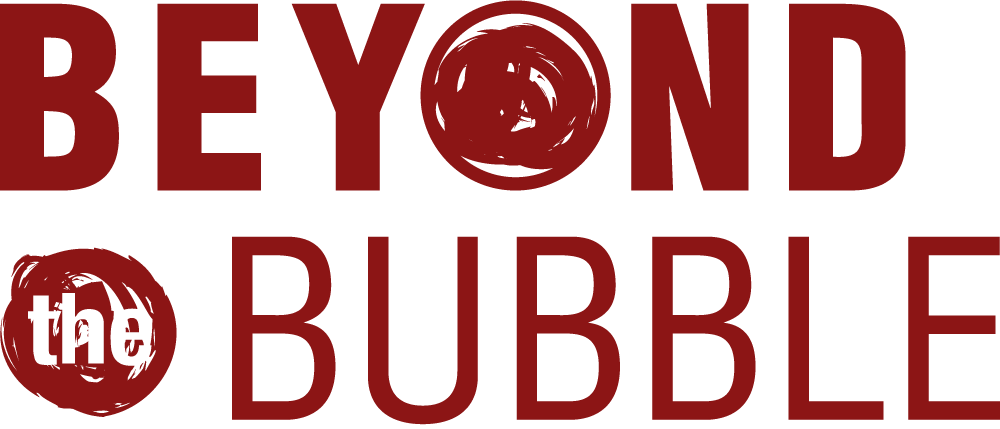A true gift from SHEG: DIY digital literacy assessments and tools for historical thinking
 You may remember Stanford History Education Group (SHEG) for its groundbreaking and utterly depressing report, Evaluating Information: The Cornerstone of Online Civic Reasoning.
You may remember Stanford History Education Group (SHEG) for its groundbreaking and utterly depressing report, Evaluating Information: The Cornerstone of Online Civic Reasoning.
In the November 2016 Executive Summary, the researchers shared:
When thousands of students respond to dozens of tasks there are endless variations. That was certainly the case in our experience. However, at each level—middle school, high school, and college—these variations paled in comparison to a stunning and dismaying consistency. Overall, young people’s ability to reason about the information on the Internet can be summed up in one word: bleak.
Did you ever wonder how your own students might perform on those dozens of tasks? You can now find out.
SHEG currently offers three impressive curricula that may be put to immediate use in secondary classrooms and libraries. All three are outstanding (and free), but perhaps the most immediately useful to readers of this blog is Civic Online Reasoning or COR.
Using everyday digital content, the COR paper and online assessments directly connect to the questions posed in SHEG’s study and engage learners in credibility decision-making around three COR Competencies:
-
Who’s behind the information?
-
What’s the evidence?
-
What do other sources say?
The free assessments include Google Docs assessments to copy and digital rubrics to download. These tasks are perfect for learning across the curriculum and especially for librarian-led learning.
These assessments might be used to engage learners in discussion before an inquiry. And they could be critical for baseline analysis of student skills and formative assessment.
Might we also study whether learners with solid K12 library inquiry experience perform better than the student in the general SHEG sample?
The twenty assessments include:

1. Beyond the Bubble History Assessments. Using resources from the Library of Congress, these 80 units cover both U.S. and world history and move students beyond the simple fact recognition presented by many bubble tests to engagement in historical thinking.
Exploiting the fabulous primary sources from the collections of the Library of Congress, OUTs are inquiry units designed to open up the textbook–to encourage learners not to see a single text as absolute truth. These assessments provoke, contest, expand, complicate or vivify the text inspiring skills of historical inquiry like:
-
sourcing
-
contextualization
-
corroboration
-
background knowledge
-
use of evidence
-
periodization
The Reading Like a Historian curriculum also engages students in historical inquiry around both U.S. and world history events. Like the DBQs, lessons revolve around a central historical question and sets of primary documents to engage learners with varied reading skills.

Again, this curriculum moves beyond memorization of historical facts, to engage learners in examining and practicing to make historical claims backed by documentary evidence. A series of Read Like a Historian videos prepares educators to effectively launch this type of learning in their classrooms.
Among the Reading Like a Historian lessons are:
RELATED
The job outlook in 2030: Librarians will be in demand
The job outlook in 2030: Librarians will be in demand
ALREADY A SUBSCRIBER? LOG IN
We are currently offering this content for free. Sign up now to activate your personal profile, where you can save articles for future viewing







Add Comment :-
Be the first reader to comment.
Comment Policy:
Comment should not be empty !!!